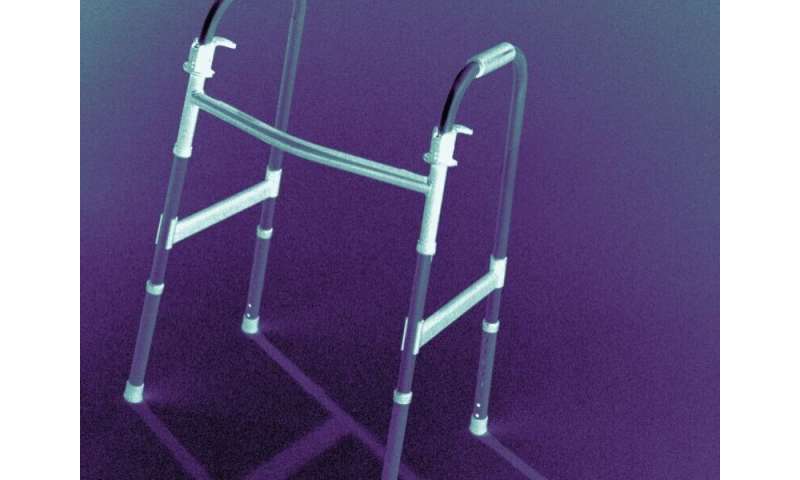
(HealthDay)—For patients with secondary progressive multiple sclerosis (SPMS), relapses are associated with accelerated disability progression, according to a study published online July 27 in JAMA Neurology.
Nathaniel Lizak, M.B.B.S., from the University of Melbourne in Australia, and colleagues examined the association between relapses and rate of disability accumulation in patients with SPMS in an observational cohort study. Patient data were collected prospectively from the MSBase international registry; 4,997 patients with SPMS were identified and 1,621 were included in the study.
The researchers found that 40.8 percent of the patients experienced superimposed relapses during SPMS. There was no association noted for receipt of therapy and relapses during early relapsing-remitting MS with disability accumulation during the second progressive phase. During the secondary progressive disease stage, higher relapse rates were associated with an increased risk for becoming wheelchair-dependent (hazard ratio, 1.87). Greater receipt of disease-modifying therapies was significantly associated with a reduced rate of disability progression and lower risk for being wheelchair-dependent among patients who experienced superimposed relapses during SPMS.
“Although early active treatment during relapsing remitting MS is associated with a delay in the onset of SPMS, the rate of disability accumulation once the secondary progressive phase has commenced is not substantially modified by early treatment decisions,” the authors write.
Source: Read Full Article
